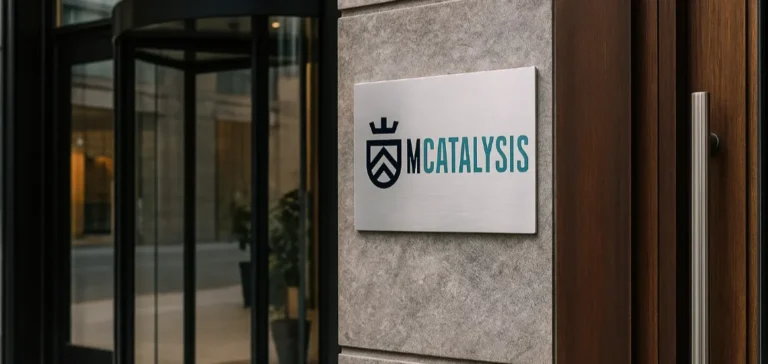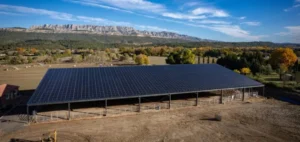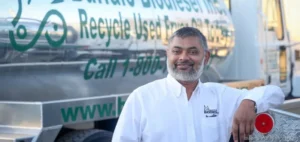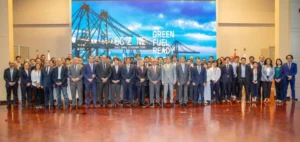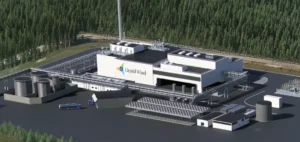US-based company MCatalysis, Inc. has announced the closing of a seed funding round led by HL Energy Ventures (HLEV), aimed at supporting the industrial development of microwave catalysis technology patented at the University of Oxford. The global exclusive licensing agreement signed with Oxford University Innovation (OUI), the university’s technology transfer arm, grants MCatalysis the rights to intellectual property developed through academic research.
Based in Dallas, MCatalysis aims to produce low-cost synthetic fuels and chemicals from carbon waste such as agricultural residues, plastic waste, or industrial gas streams. Its process uses high-efficiency industrial microwaves combined with specific catalysts to accelerate processing times and improve product selectivity. This method targets higher yields while reducing the energy costs associated with waste conversion.
Partnership focused on technology transfer
The agreement signed with OUI provides MCatalysis with full access to the patents and expertise linked to this technological innovation. With over 30 years of experience in commercialising scientific research, OUI acts as a strategic partner in transforming academic discoveries into commercially viable industrial solutions. The stated objective is to allow rapid scale-up of the technology to reach target markets.
Michael Irwin, Chief Executive Officer of MCatalysis, described the deal as a strategic milestone for the company. According to him, the funding round strengthens the firm’s capacity to accelerate the deployment of its solutions while leveraging HLEV’s expertise in scaling deep-tech ventures. The amount of capital raised was not disclosed.
Positioning in the synthetic fuels market
HLEV’s financial support is based on a market assessment showing high commercial potential in synthetic fuel and chemical sectors. The use of carbon waste as feedstock could offer economic leverage in the context of diversified supply chains. MCatalysis aims to provide an alternative to conventional fossil-based production methods.
Victor Liu, Chief Executive Officer of HLEV, highlighted the combination of technological innovation and entrepreneurial capability as decisive investment criteria. The partnership structure includes operational support for MCatalysis to scale and access initial commercial applications.
Convergence between academic research and industrialisation
The technology developed at Oxford is among the projects selected by OUI for its fast-track commercial potential. The microwave-based catalysis process allows precise targeting of reaction temperatures with higher energy efficiency than traditional methods. Such solutions are increasingly studied for modular deployment, particularly in remote or infrastructure-limited regions.
The deal marks another practical application of British academic research in the industrial chemistry sector. According to OUI, growing investor interest in these types of technologies could expand collaboration opportunities between universities and companies, reducing the time from invention to commercialisation.


